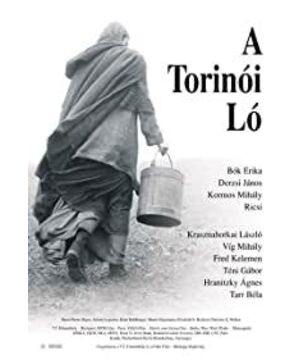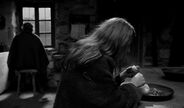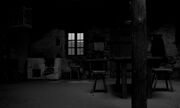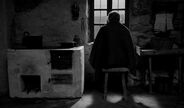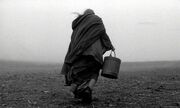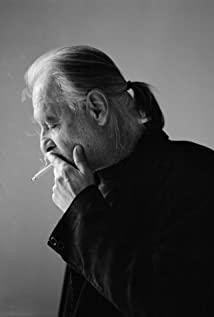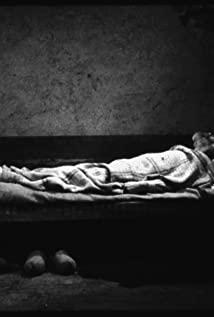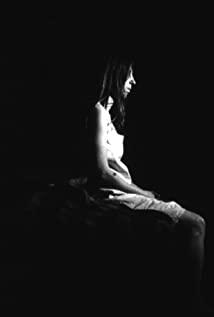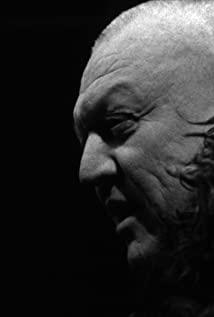While watching the movie, one question after another about the film's stereotypes popped up in my mind, and one after another died in the film's steady, hesitant long shots. I even remembered the question about actors in David Mamet's "Director's Homework" that I read today - actors don't need acting skills, they only need to complete the simple actions in each shot required by the director, the simpler the better. . Although Mamey's Eisenstein montage theory doesn't work in this film, the father and daughter are almost indistinguishable from the horse - expressionless and simple, but full of power, and this power comes from What the mise en scene gets is that this mise en scene is very different from what Mamet advocates: it is the ingenious use of Steadicam, and the audience is living the monotonous rural life with father and daughter from various angles in real time. Ma Mei will be very happy to see the almost rigid performance of the two actors, because there is really no need for more connotations, even the only two close-ups of the characters in the film, one is given to the one who buys wine that I can't understand. Neighbors, one gave a horse that was always expressionless.
After watching the movie, it was raining. You can choose to have an umbrella, you can choose to button up your hat, and you can wait in front of the theater for the rain to stop and chat up this lady who smokes. this is your choice. And what makes these choices beautiful is the rain.
View more about The Turin Horse reviews


